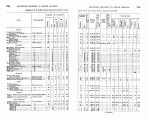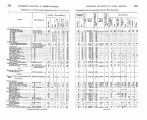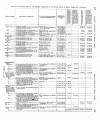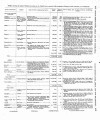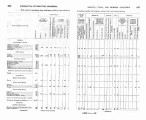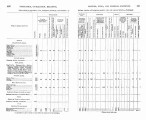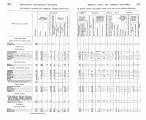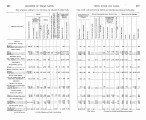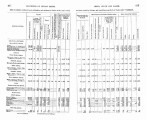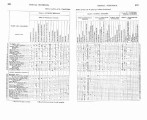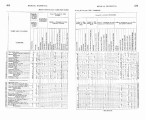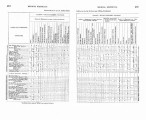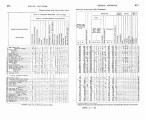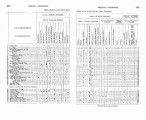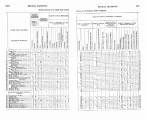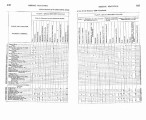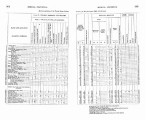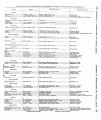| OCR Text |
Show In view of the above the following instructions were issued :o Agent Bennett on the 21st of J u l l~as t : Firat. Under the law, as interprded by the Assistant Attorney-General, under da;e of Jannary 26, 1889, traders among the five civilized tribes who have no original nor acquired right of residence therein are under the same neeeasity for proot~ril~g licenses from the Indian Buresn as are traders among oi.ber tribes. Also the 1odk.n Office has the authority to revoke aoah licenses as the penalty for the violatitiou ,f presoribed rules, and, with the approval of the Secretary, to remove the persons whose liaenses have been thus revoked. Second. In view of the above I deem it the duty of the Iudian O5ee to see to it that no persons who have not otherwise a right to reside among the five civilized tribes shall reaide and carry on trade there withoot a licsnre fi.om this Bureau. Yon are therefore herebysnt.horized to notify allpervonn trading among the fivecivil-ized tribes without license from this Burexn.(providod such persons have no oitizetl-ship in those tribes, original or acquired) that they must obinin from this Bureau a license to trade or their stores must be closed and their business cease. Third. The ahoveincludesallpersons who carry on busiuesaamong the five eivihzed tribes, merohnots, hotel-keepers, peddlers, lawyers, phy~ioianse, to. Every kind cof business carried on in the tribes by persons wbo have no right of residence thereio is to be classified by the Government as trading. Fourth. If: hovsver, in the interest of justice and fair dealing, the offioe unde!~ takes to insist that all nersonshaviue.no rinhts amon-e the five civilized tribes TIT-, ~~~ . -. go among then, f.,r tho pnrposeci tmd ~ u gsh all obtaln li~.eusaf.orr sch rri~defrurut he tlnircd Stares, i r mu*[ 1,- wi r l t the undersmndiu.g ~ h n t1 bv rrvrriil tribal anthuritirs shall be strict and just in their isroance of their own permits for finch trade. In other words, that-they shall have certain fixedrates of permit taxes which they ehail lev,? upon and oolleot from all alike, without diaorimiuation and withoot favoritism. I may be allowed to express the hope that the day is not far distant when the present a~lomaloucs ondition of things in t,he Indvan Territory, by which that great region is regarded as an Indian reservation ant1 its inhabitants as wards nuder the oontrol of the Government, aud all qnestions of trade among themselves and between them and the out. side world are regulated from this office, will gire was to a settlei: order of society, and when these communities, already so far adraneei. in civilization, shall take their plaoes in the sisterhood of .States ar. a free and independent people. RAILROADS OVER RESERVATIONS. Incident to the growing population and material advancement of the Western States and Territories, especially those bordering on the In. dian Territory, increasitig demands are made upon Congress for legisla-tion authorizing the coustruction and extension of lines of railway across the Indian lands. Bills introduced in Congress are generally referred to this Bureau for opinion and report as to whether such construction should be authorized. While it is not believed that Indian reservations should be allowed to stand as barriers to the development of the country surrounding them, it is the opinion of this oEce that legislation authorizing the building of railroads through reservations should be framed with a due regard to |










































































































































































